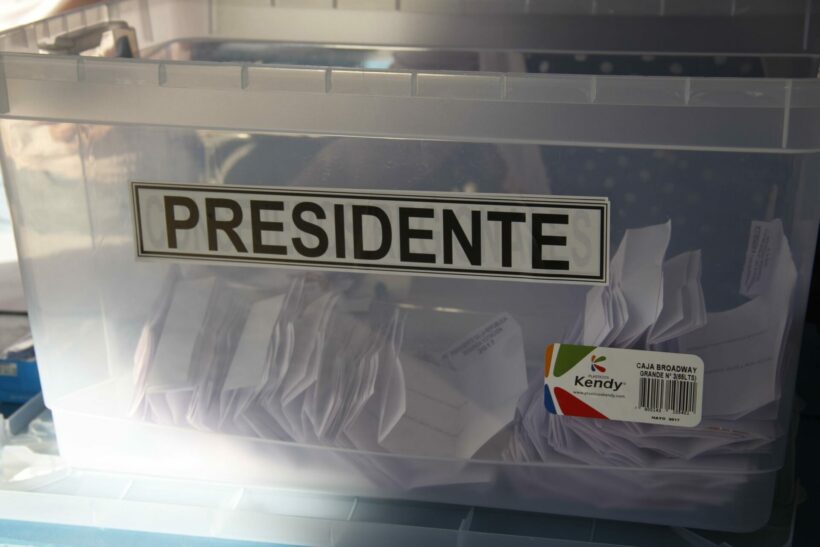Since childhood we have been kept on the sidelines of our destiny.
At some point in our lives, we were convinced of the advantages of abstaining from political participation. In fact, our societies, and many around the world, have kept women out of this civic activity, from which the rules that affect their present and their destiny are decided. Similarly, all kinds of obstacles have been imposed on the involvement of young people under the premise of their lack of maturity, knowledge or sufficient intelligence to participate in this complex exercise.
In this subtle manipulation, attempts are made to convince the new generations of the supposed advantages of leaving the most important decisions – such as the management of public affairs – to experienced adults. This is how a kind of political-party cartel has been formed in the hands of a handful of individuals who alternate at the highest levels of power and who, thanks to the marginalisation of the majorities (women and young people represent more than half of the population in all our Latin American countries), have taken control of the electoral mechanisms.
In the coming weeks, two countries on our continent face general elections: Guatemala on 25 June and Ecuador on 20 August. Both have a complex political history, plagued by setbacks, and both also have a largely young, female population and a large presence of indigenous peoples, all of whom are eager to participate and play a leading role. The challenge for these two nations, rich in heritage and culture, is to break down the structures that prevent them from moving towards sustainable development. This goal, however, is hampered by high levels of distrust on the part of a large proportion of their electorate, which will undoubtedly have a substantial impact on the voting results.
The strategy used by the traditional parties, in both cases, has been based on the premise of keeping the youth away from politics, thanks to an education devoid of the essential theoretical foundations to understand its complexities. This is how the great masses ignore – because they have not had access to – the constitutional texts that determine the structure and management of the state. They ignore, for the same exclusive reason, the ideological bases of their representatives in the legislative assemblies. They believe, because they have been taught so, that politics is an activity reserved for the few, thus contradicting the very essence of democracy.
All of the above reveals the extent to which the exercise of politics has become a hermetic redoubt, shielded from the enormous force of the citizens residing in the groups most affected by its exercise: the sectors of children, youth and women, who represent not only the majority of the population, but also the key to development and general wellbeing. In this redoubt, alien to the aspirations of those they represent, the economic interests of the elites and the infiltration of criminal organisations capable of twisting the destinies of nations with a fist. The active incorporation – starting with electoral processes – of marginalised groups is the only action capable of straightening out these twisted lines of hijacked politics.
The active participation of young people and women can change the course of history.






